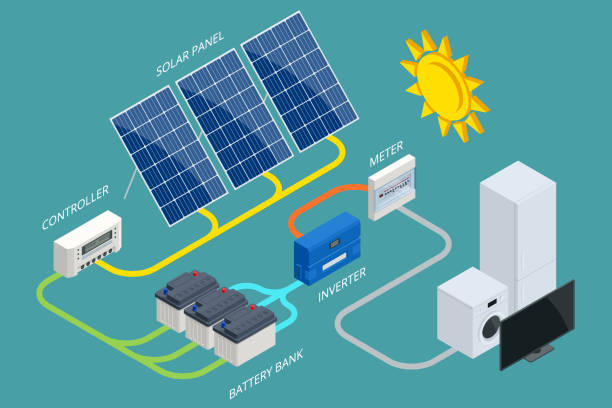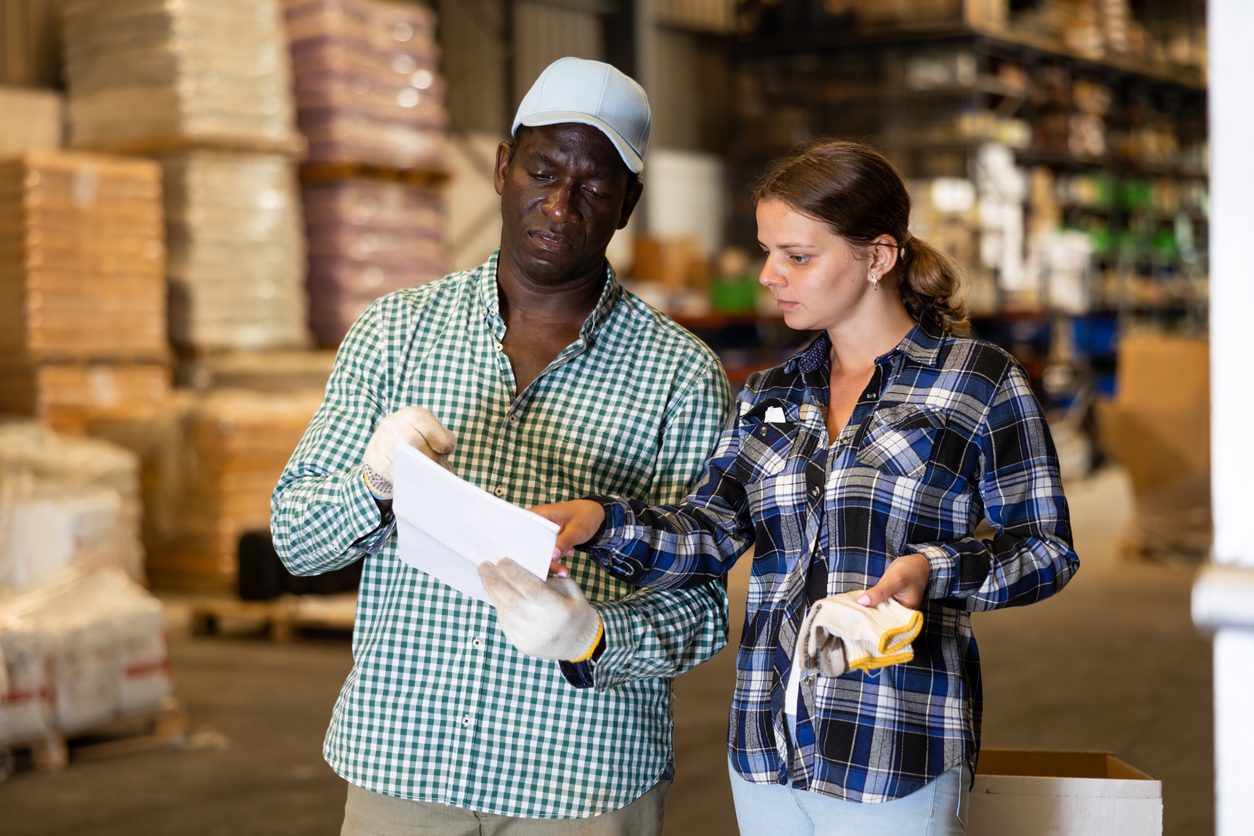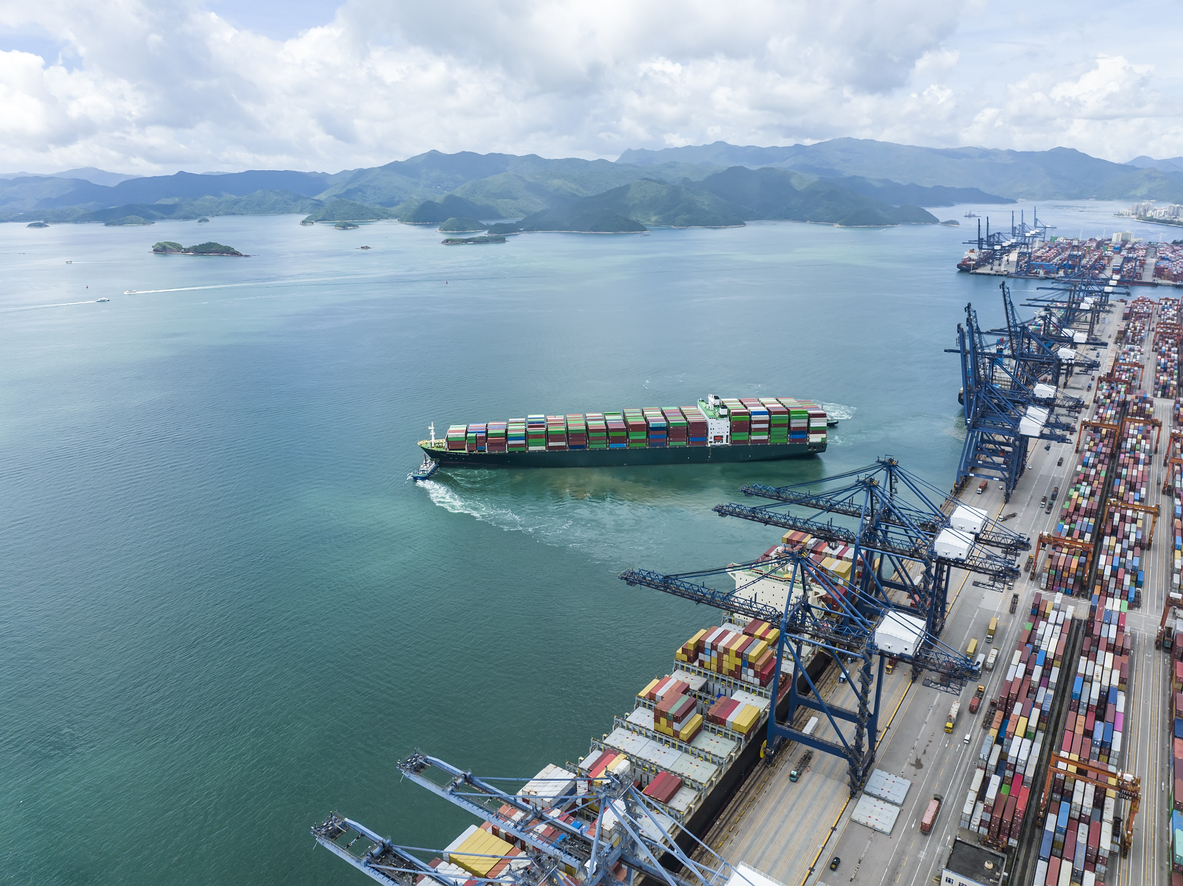Exporting Cocoa Shells from Nigeria: A Guide for Cocoa Farmers
Exporting Cocoa Shells from Nigeria: A Guide for Cocoa Farmers
In many parts of Nigeria, cocoa is still a major agricultural product. In the past decade, the global demand for cocoa has been on the rise, and Nigerian cocoa has been very popular with international buyers. But there are some challenges which Nigerian cocoa farmers face when exporting their beans to other countries.
The cost of obtaining a Certificate of Origin can be prohibitively expensive for small-scale farmers. And then once they export their beans, it’s difficult for them to get paid in cash instead of in stock certificates because banks don’t want to accept cocoa as collateral. This guide will help you navigate the exporting process so you can sell your beans abroad and maximize your profits.
CLICK TO BROWSE ALL OUR COCOA PRODUCTS
What Is a Certificate of Origin and why is it important?
A Certificate of Origin is a document that certifies the origin of the goods. When you export cocoa beans, for example, you need to be able to prove the beans were grown and harvested in Nigeria. The Certificate of Origin does this and is an important step in the exporting process. It’s important for both buyers and sellers; the seller needs to show that the goods they’re selling are from their country and the buyer needs to know that they’re receiving goods from a reputable country.
If you’re a cocoa farmer who wants to export your beans, it’s important to know that a Certificate of Origin is one of the first steps in the exporting process. Read on to learn more about this document and how it can help you grow your business.
The Challenges of Exporting Cocoa Beans
One of the most common challenges in exporting cocoa beans is obtaining the Certificate of Origin. This document certifies that your products are grown in a specific country. To obtain the document, you have to pay a fee, which can be prohibitively expensive for many small-scale Nigerian cocoa farmers.
Another challenge is the price of the beans. At the time of this writing, cocoa beans are trading at an all-time high. That means if you want to export your beans, you’ll have to find buyers willing to buy them at that price. And then when you sell your cocoa beans, you’ll want to be paid in cash instead of in stocks because banking institutions don’t want to accept cocoa as collateral for loans.
The good news is that once you overcome these challenges, selling your beans abroad can lead to much higher profits. You may also be eligible to export your beans with lower tariffs if you are certified as a member of the Agricultural Marketing Association of Nigeria.
What Nigerian Farmers Can Do To Export Cocoa Beans Successfully
You can export your beans for a profit by following a few simple steps.
First, you need to fill out a Certificate of Origin. This is a document that certifies you’re exporting your beans from Nigeria. You should apply for this certificate as soon as you think you’ll be harvesting your beans. You’ll need to include the type of product you’re exporting, the quantity, and the country from which you’re exporting.
You should also get a bill of landing from the seaport or airport where your beans will be exported. This is like an invoice for your goods and includes information like the date and time of the shipment and the estimated value of the goods.
Finally, you should present your Certificate of Origin and bill of landing to a bank in Nigeria before exporting your beans. This will help you get paid in cash instead of stock certificates like many banks want.
Conclusion
Still have questions about exporting cocoa? Download our guide below!








LEAVE A COMMENT
You must be logged in to post a comment.